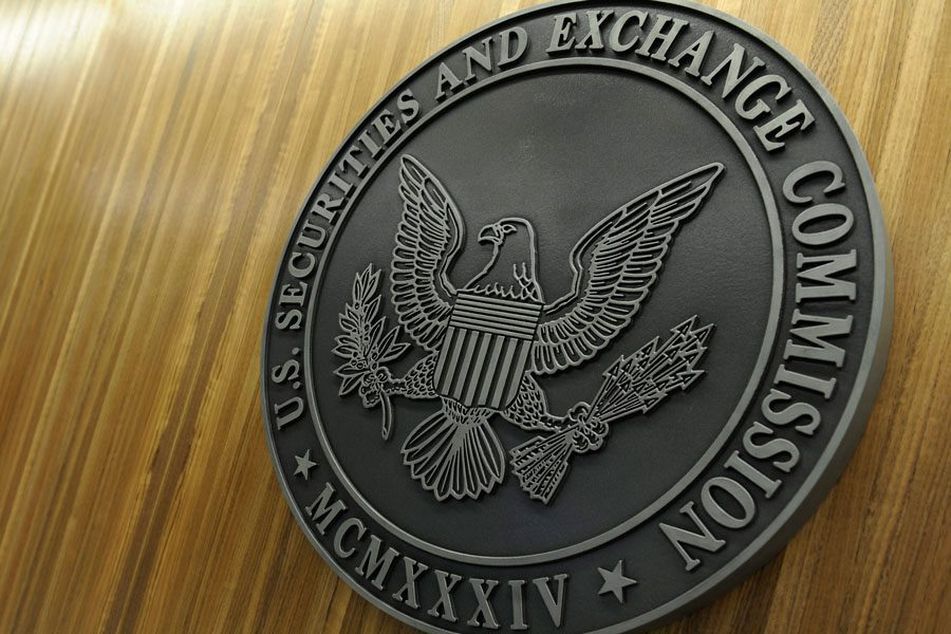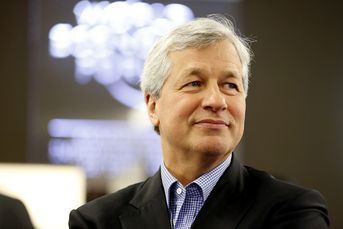Questioning the SEC’s outsourcing proposal

For advisors who don’t do their homework, the possibility of a regulatory slap on the wrist may be less of a deterrent than a whack in the wallet from aggressive attorneys.
To regulate or not to regulate? That’s sort of the question the Securities and Exchange Commission is grappling with as it receives comments on a proposal that would establish due diligence and monitoring requirements for advisors who hire a third party to perform a “covered” function. The 232-page proposal defines such a function as one that’s necessary to provide advisory services and that, if not performed or performed poorly, could harm clients or impede an advisor’s ability to serve clients.
As Mark Schoeff Jr. has reported, the proposal doesn’t define what those functions are or what services the requirements would cover. But an SEC fact sheet enumerated some third parties that might require monitoring, such as those that provide investment guidelines, portfolio management, advice models, custom indices, trading services and software.
The 90 or so commenters to the SEC generally fall into two camps. On one side are those, including trade groups for registered investment advisors and mutual funds, who say the additional requirements constitute a superfluous and burdensome expense. They say advisors’ fiduciary duty already requires them to ensure that outsourcing firms are acting in their clients’ best interests. The Securities Industry and Financial Markets Association believes that instead of a new rule, the SEC should focus on high-risk situations.
Those favoring the proposal, including the North American Securities Administrators Association, the group of state and provincial regulators, agree with the SEC about the need for more supervision of service providers. NASAA noted that without sufficient supervision and disclosure regarding service providers, investors may be insufficiently informed.
For advisors determined to do the right thing, the new regulations are probably unnecessary.
While the old saw that sunshine is the best disinfectant is true, this may be a case where no one is likely to look at the area the rule intends to illuminate. For better or worse, few investors plow through ADV forms, let alone required legal disclaimers. Given that reality, shining light on an advisor’s software, trading practices or custom indices, for instance, is bound to do little to help individual investors, who probably won’t read the disclosures or understand the complicated and arcane areas they cover.
Of course, some might say that the proposed due diligence and monitoring requirements would be beneficial even if no clients read the results since the new rules would require advisors to do their homework about vendors they have come to rely on. But the SEC may not need a new rule to accomplish that as the nation’s extremely muscular plaintiffs’ bar, for its own business reasons, stands eager to prove advisors breached their fiduciary duty.
For advisors determined to do the right thing, the new regulations are probably unnecessary. For advisors who don’t do their homework, the possibility of a regulatory slap on the wrist may be less of a deterrent than a whack in the wallet from aggressive attorneys who will pounce on a mistake whether made by advisors themselves or the third parties the advisors hire.
Is the next generation of nontraded REITs any better?
Learn more about reprints and licensing for this article.







